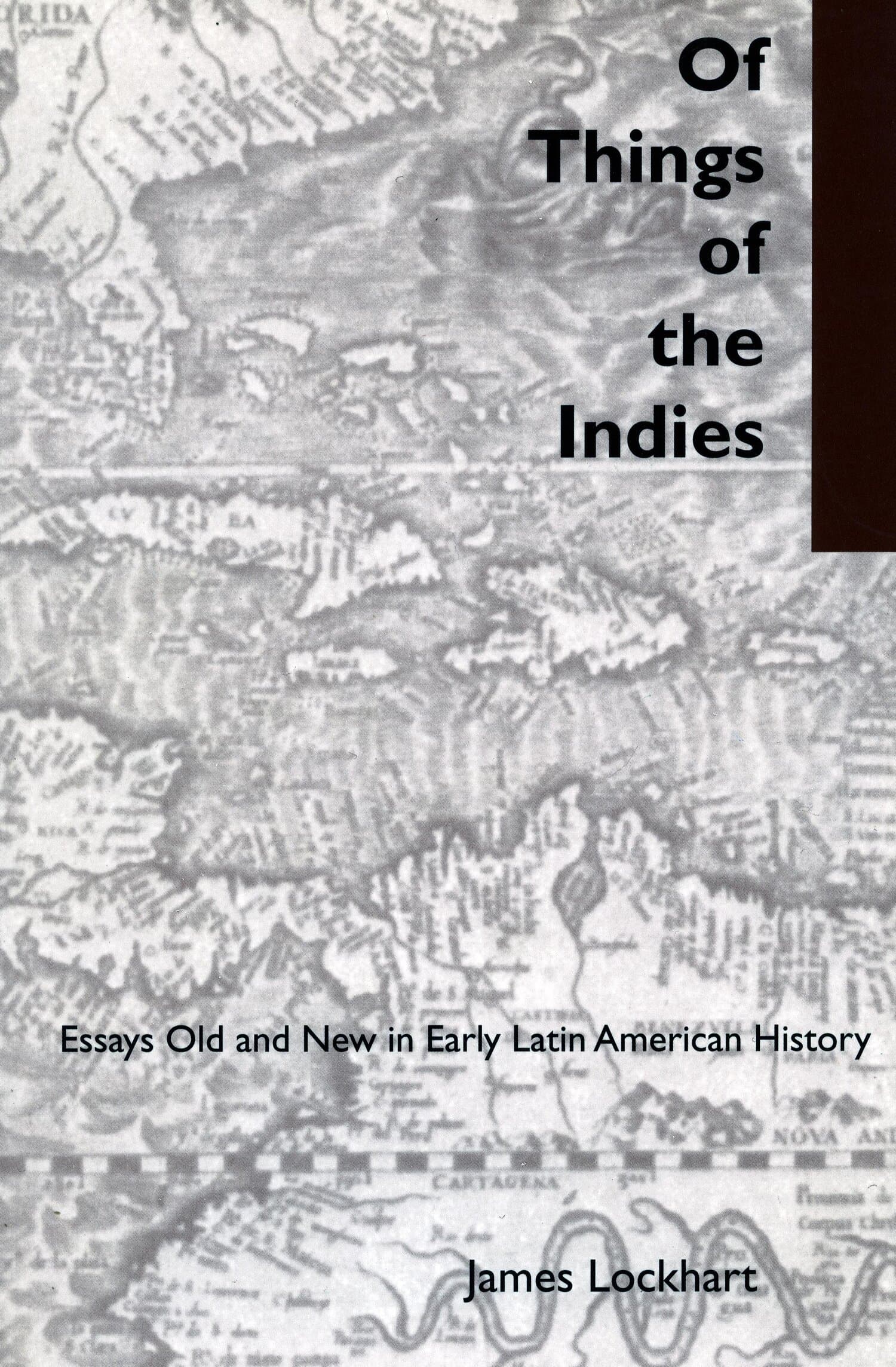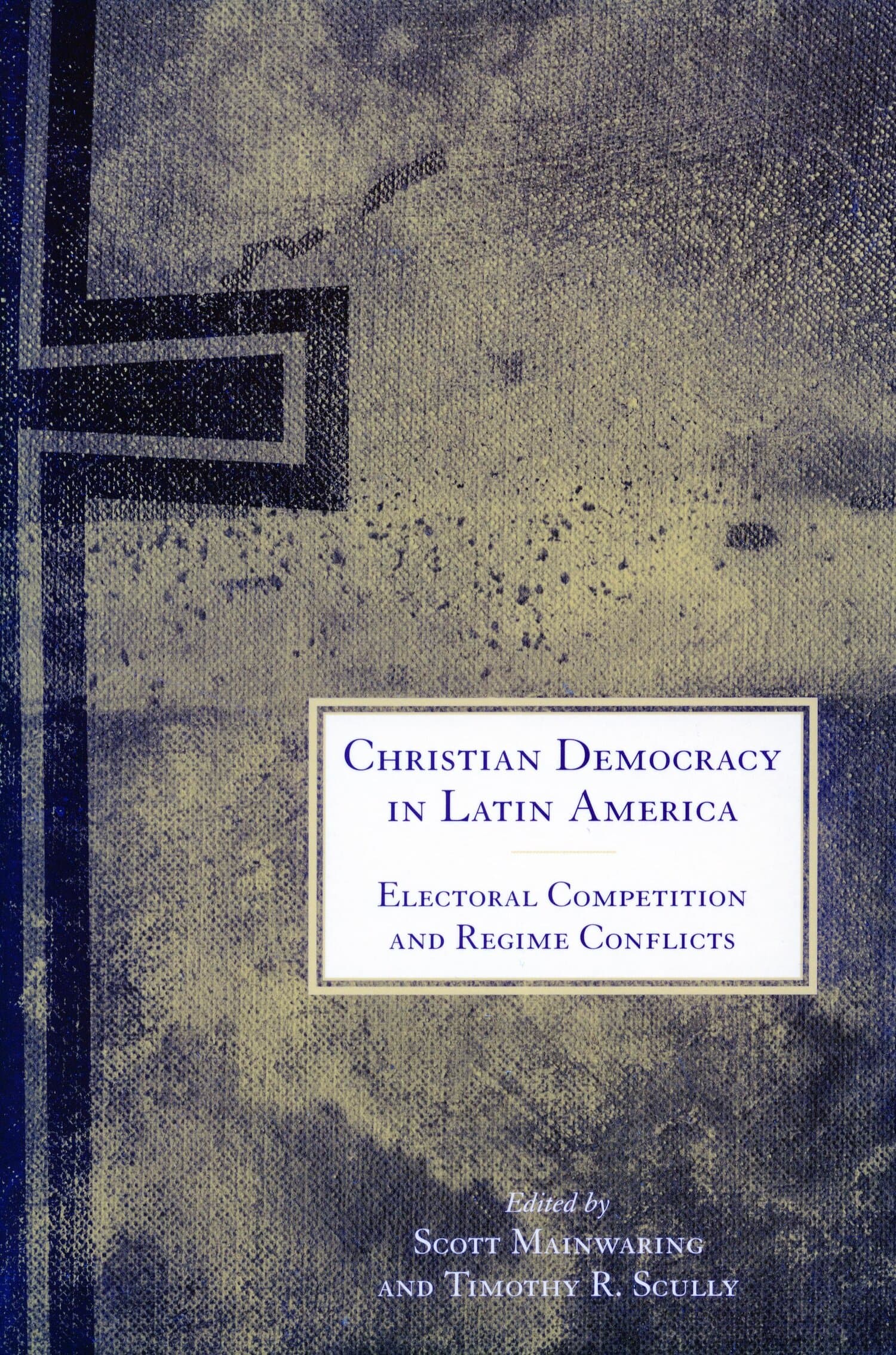In the Wake of War

In the Wake of War assesses the consequences of civil war for democratization in Latin America, focusing on questions of state capacity. Contributors focus on seven countries—Colombia, El Salvador, Guatemala, Haiti, Mexico, Nicaragua, and Peru—where state weakness fostered conflict and the task of state reconstruction presents multiple challenges. In addition to case studies, the book explores cross-cutting themes including the role of the international community in supporting peace, the explosion of post-war criminal and social violence, and the value of truth and historical clarification.
This book completes a fifteen-year project, "Program on Comparative Peace Processes in Latin America," which also led to the 1999 publication of the book Comparative Peace Processes in Latin America.
"Examining the cases of Colombia, El Salvador, Guatemala, Haiti, Mexico, Nicaragua, and Peru, the contributors to this timely edited volume explore how societies undergoing democratization in the aftermath of civil war can become mired in violent crime, poor governance, and illiberal political cultures. . . By detailing the structural factors that have affected the prospects for democracy in these war-torn states, this book should be of keen interest to observers of postwar societies and democratization both within Latin America and beyond."—Yuhki Tajima, Foreign Affairs
"The volume has a high degree of internal consistency among the case studies, and Arnson provides both a clear introduction and an insightful conclusion. Of interest to social scientists involved in comparative politics and in international relations, this work belongs in academic libraries with significant Latin American holdings . . . Recommended."—J. A. Rhodes, CHOICE
"This book is invaluable and there is a need for it. It is important to try to assess the longer-term legacy of civil war in Latin America."—Cynthia McClintock, George Washington University
"The authors pull together rich and detailed insights from the most remote corners of Latin America, which are complemented by comparative analyses and regional perspectives."—David Shirk, University of San Diego




